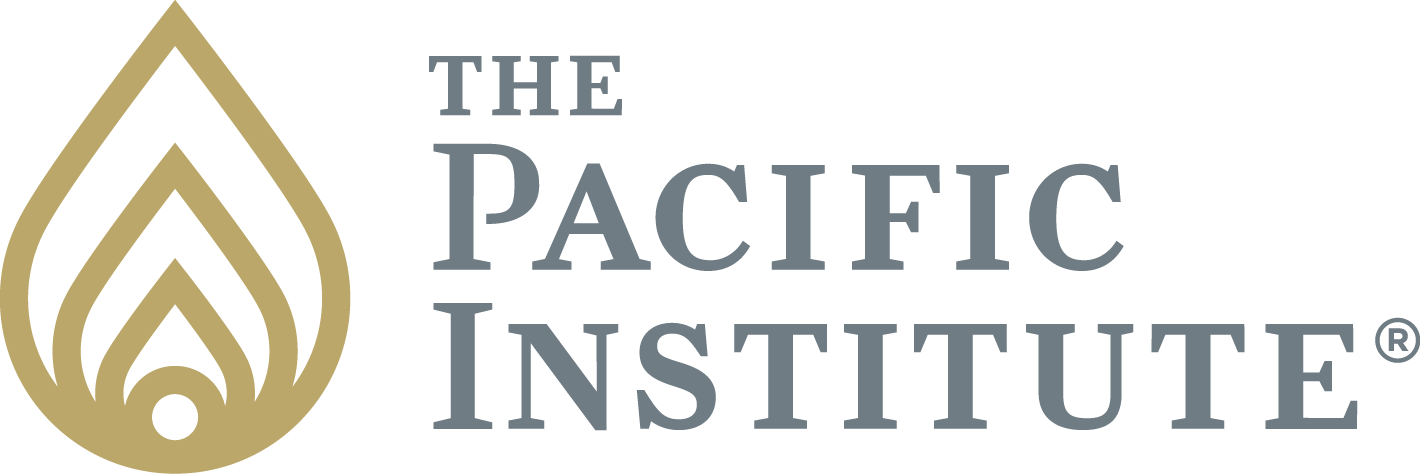8 Steps to Maturity
Written by The Pacific Institute
| April 20, 2020

Periods of crisis or excess stress typically bring out the best and worst in people. As we deal with different individuals, we can’t help but ask ourselves why this person is the way they are. At one time or another, we may even have heard, “You’re acting immature,” or even worse, “Grow up!” from those who know us well. However, how many of us truly understand what it is to be “grown-up” or “mature”?
During the mid-20th Century, a gentleman by the name of Erik Erikson came out with his Theory of Psychosocial Development. In it he categorized eight steps that need to be taken, in order to become a fully functional adult. This week, we are going to look at those eight steps, or stages, of human development. For anyone in a leadership position of any nature, understanding these stages is vital to your success in working with and leading others.
As we go through these stages, throughout this coming week, it might help to think of them as widely-placed steps on a ladder. We must be able to handle the first one, before we go on to the next, and we cannot skip steps. If we don’t handle each step well, then personality disorders develop. We act immature for that stage. Now, it does not mean we are stuck at that level forever. We can go back and re-do, or bolster, those characteristics inside ourselves. Those characteristics are prime targets for replacement pictures we want to create.
So, let’s begin. The first stage is Trust. Trust develops in our first year of life. For those who have raised, or are raising children now, you know how important it is for you to teach your child that the world is a good place. As a child, you know you are loved and cared for, consistently. When you are hungry, they feed you and will feed you every time you are hungry. You trust in the human-to-human contact of being held and your needs being met.
If attention is not paid, the child quickly learns to mistrust the world. They withdraw. In infants, this can result in skin rashes or respiratory problems, and the stunting of physical growth. At the far end of the spectrum, death can occur. Infants need tender, loving care, and that very human touch.
For someone who did not receive this tender, loving care, as they grow into adulthood, they come off as cold and aloof. They may seem shallow or egotistical. They build walls around themselves and have difficulty creating and sustaining loving relationships with other adults. These folks have real challenges working with others. Love, affection and genuine care are so powerful in those early months of life. If they are missing now, we can go back and find them, add them to the total of who we are. It will take a bit of time and work, but the rewards are beyond value.




